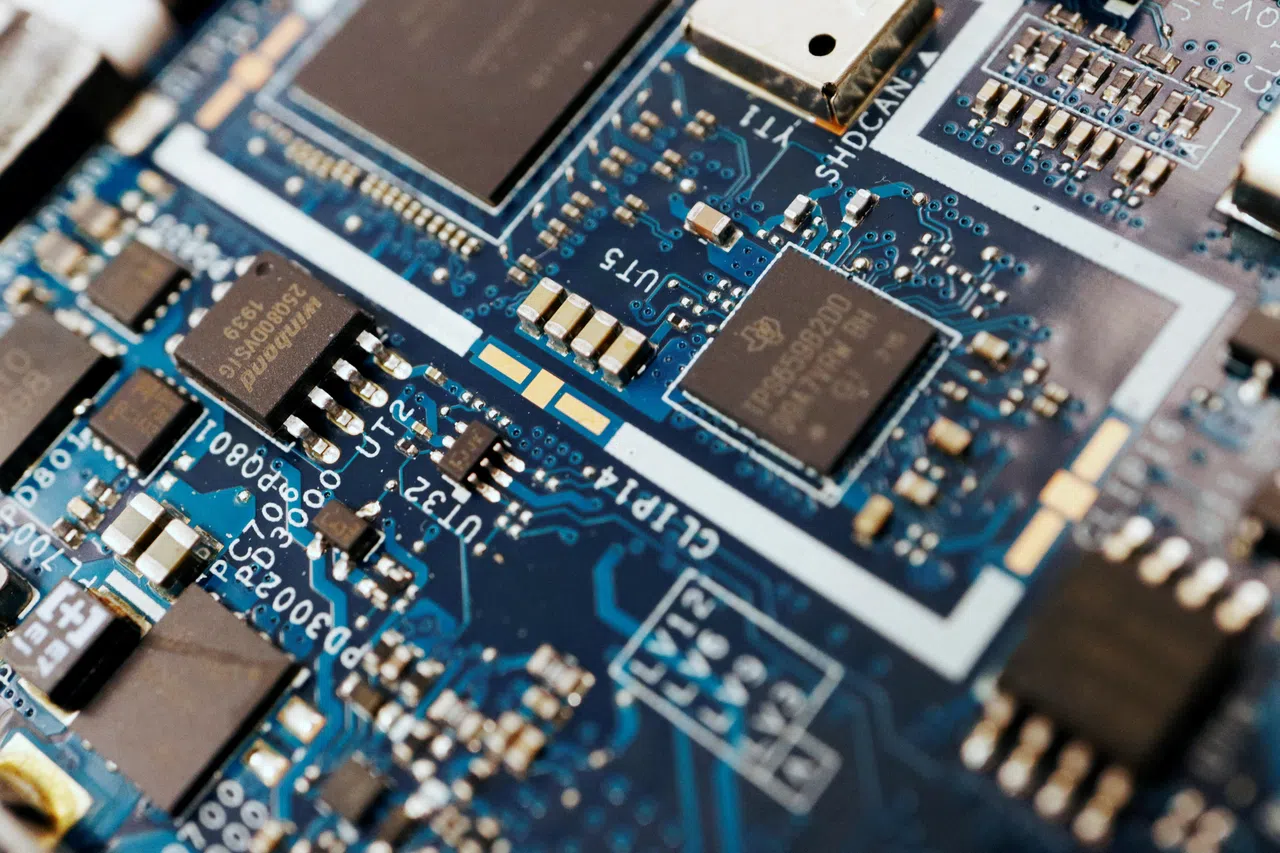[AMSTERDAM] Computer chip makers and semiconductor supply chain firms called on the European Commission to launch a follow up to the 2023 Chips Act on Wednesday (Mar 19), this time focusing on chip design, materials and equipment, in addition to manufacturing. The first EU chips act prompted a wave of investment in manufacturing, but failed to attract cutting-edge chipmakers or address the rest of the supply chain.
Most funding was provided by member states, yet projects needed EU approval – a model criticised as too slow. Still, European firms say it provided a counterweight to larger state support programmes in the US and China.
Following a meeting with top sector firms and European lawmakers in Brussels on Wednesday, industry groups Esia, representing chipmakers, and Semi Europe, representing the broader industry, said they would send their plea for a ‘Chips Act 2.0’ to Commission digital chief Henna Virkkunen.
A new programme should “decisively support semiconductor design and manufacturing, R&D, materials and equipment”, Semi said.
Subsidies for suppliers are needed to strengthen the broader industry, European Parliament Member and event host Oliver Schenk said.
“In Taiwan, you see companies such as BASF or other chemical companies from Europe, producing together with TSMC, but you will not find them here in Europe”, he said.
Among more than a dozen firms represented at the meeting were chipmakers NXP, STMicroelectronics, Infineon and Bosch, equipment makers ASML and ASM, Zeiss and Air Liquide. The Commission has yet to detail its plans for the semiconductor industry, though it has said it intends to launch five packages this year spurring European investment, notably in artificial intelligence.
Last week a group of nine European countries said they would form their own coalition alongside the Commission to strengthen Europe’s chip industry. REUTERS






